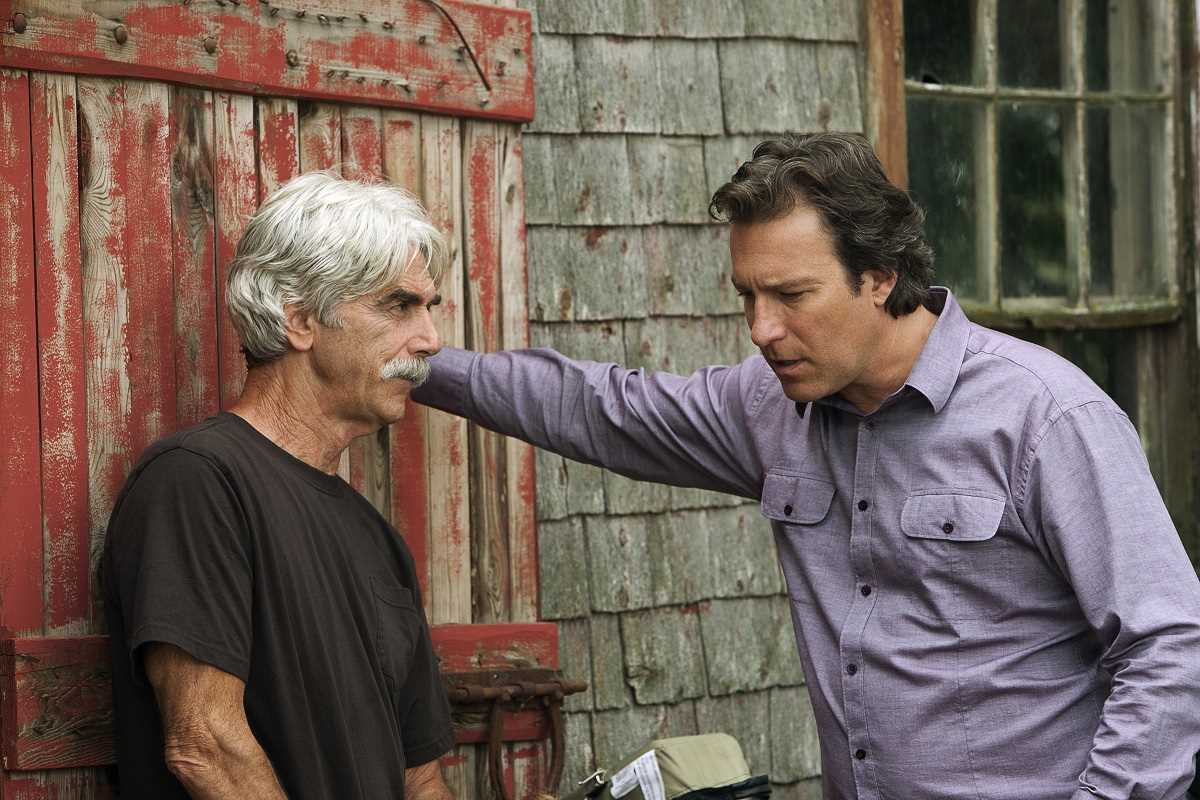Movies have an incredible ability to captivate, entertain, and move us. Many of us walk out of a movie theater or finish streaming a film with an immediate gut reaction — "I loved it," "It wasn't for me," or "It was okay." But how often do we dig deeper to figure out why we feel that way? Watching movies with a critical eye can not only enhance your appreciation for great filmmaking, but it can help you understand your own tastes better and uncover what makes certain films stand out.
If you're ready to take your movie-watching experience to the next level, here’s a guide on how to analyze films critically and thoughtfully.
Pay Attention to the Story
At its core, a film is a story. Understanding how this story is told is the foundation of movie analysis. Ask yourself questions like:
- Is the story engaging? Do the plot, pacing, and character arcs grab your attention or feel predictable?
- How do the characters evolve? Look at the protagonist's journey and how their experiences shape them by the end of the film. For example, in "The Lion King," Simba transforms from a scared lion cub into a confident king. His growth reflects the film's central themes of loss and responsibility.
- What’s the structure? Many films follow a three-act structure — setup, conflict, and resolution. Understanding this structure can clue you into storytelling beats like turning points or climaxes.
- Is the dialogue effective? Consider whether the conversations feel natural and serve a purpose in advancing the plot or revealing something deeper about the characters.
Analyzing the story can help you better grasp why a movie "hooked" you or why it might have left you cold.
Analyze Cinematography and Visuals
The images you see on-screen are just as vital as the words being spoken. Good cinematography isn't just about pretty pictures; it’s about telling the story visually. Think about:
- How are shots composed? Notice how objects, characters, or landscapes are placed within the frame. Take Citizen Kane's famous use of deep focus, where everything from foreground to background is clear, symbolizing the complexity of the character’s world.
- What’s the color palette? Colors often evoke emotions or reinforce themes. For example, the red and gold hues in Coco reflect the warmth of familial love and the vibrancy of Mexican culture, while the muted tones in Manchester by the Sea mirror its bleak and sorrowful atmosphere.
- Is lighting used effectively? Light and shadow can heighten tension or add symbolic layers. Film noir classics like Double Indemnity famously use shadows to reflect moral ambiguity.
- How does the camera move? A steady, lingering shot might create intimacy, while a shaky handheld camera can increase tension or chaos, as seen in The Blair Witch Project and Saving Private Ryan.
By paying attention to cinematography, you'll start to appreciate the technical skill behind making a film visually distinct and meaningful.
Evaluate Acting Performances
Acting brings characters to life, but it’s also one of the most subjective aspects of filmmaking. To evaluate performances:
- Does the actor fully embody the character? Consider how convincing their emotions, gestures, and expressions feel. Heath Ledger’s portrayal of the Joker in The Dark Knight is a standout due to his unsettlingly authentic menace.
- Are there subtleties? Great acting isn’t always loud or dramatic. A quiet glance or subtle gesture can speak volumes. Observe moments where actors display restraint or communicate more with their eyes than their words, like Anthony Hopkins in The Silence of the Lambs.
- Does the chemistry work? Pay attention to how actors interact with one another. Good chemistry can make relationships on screen feel natural and engaging, while bad chemistry can leave scenes feeling flat.
By assessing performances, you can spot what works or doesn’t in a movie’s emotional resonance.
Consider Direction
The director is the captain of the ship, overseeing storytelling, visuals, performances, and pacing. To think critically about direction:
- Does the film have a distinct style? Directors like Wes Anderson are known for their symmetrical compositions and quirky humor, while Steven Spielberg often uses sweeping, emotional shots to draw viewers into grand adventures.
- How well is the story told? Directors decide what stays in the frame and what gets left out. Look at how they prioritize certain moments or ideas to emphasize key themes.
- Do all the elements come together? A great director brings harmony between acting, visuals, and script. Take Kathryn Bigelow's The Hurt Locker. The urgency of the story is mirrored by the intense camera work, gripping performances, and taut pacing.
Understanding a director’s choices can offer insight into the overall vision and cohesion of the film.
Look for Themes, Motifs, and Symbolism
Movies often work on multiple levels, embedding deeper meanings or recurring patterns beneath the surface. Ask yourself:
- What are the key themes? Is the film about redemption, love, justice, or something else? Look at how these ideas are woven into the characters' journeys or specific moments in the film.
- Are there recurring motifs? Certain images, sounds, or phrases may repeat to emphasize an idea. For instance, in The Shining, the recurring phrase "All work and no play makes Jack a dull boy" underscores the protagonist's descent into madness.
- Is there symbolism? A seemingly simple object might carry deeper meaning. For example, in Parasite, the stone gifted to the struggling family symbolizes their aspirations and, later, the crushing weight of societal expectations.
By dissecting these elements, you’ll uncover layers of meaning that can increase your appreciation for a film.
Context Matters
Your personal preferences and cultural background strongly shape how you experience a movie. What resonates with you may not connect with someone else, and vice versa. For example:
- Personal tastes: Maybe you love character-driven indie films where people simply talk and grow, or perhaps you prefer action-packed blockbusters. Knowing your preferences helps explain why you naturally enjoy certain genres over others.
- Cultural context: Some films draw upon specific traditions, histories, or cultural practices. Movies like The Farewell or Crouching Tiger, Hidden Dragon might feel more enriching when viewed with an understanding of their cultural backgrounds.
- Time period: Films reflect the era in which they were made. Watching a film like Casablanca with an understanding of World War II changes how its themes of sacrifice and loyalty resonate.
Recognizing how these factors inform your perspective will deepen your understanding not just of movies, but of yourself as an audience member.
Ask Questions While Watching
Here’s a list of questions to promote deeper thinking while watching a film:
- What emotions did this movie evoke? How did it achieve that?
- Which characters felt compelling, and why?
- How did the visuals or sound design contribute to the story's tone?
- What message or question does the film seem to pose?
- Are there any moments that stand out as particularly effective or meaningful?
- Does the film’s pacing feel appropriate for its story?
Reflecting on these questions helps you piece together the elements of the film and how they work as a whole.
The Benefits of Watching Movies Critically
Becoming a more critical observer doesn’t mean you can’t enjoy movies for pure entertainment—but it can enhance your appreciation of them. When you watch critically:
- You gain a deeper understanding of your own tastes. Knowing why you like (or dislike) certain films helps you find more movies that resonate with you.
- You appreciate craftsmanship. You’ll start to notice the skill involved in well-written dialogue, an expertly framed shot, or a powerhouse performance.
- You connect on a deeper level. Understanding themes and symbolism makes movies richer and more personal.
- You expand your perspective. Examining cultural, historical, or personal influences gives you insight into the world around you.
At the end of the day, movies are about connection – to stories, to art, and to emotions. Watching with a critical eye not only makes you a more discerning viewer but also reveals the beauty and complexity of cinema as a whole.
 (Image via
(Image via





